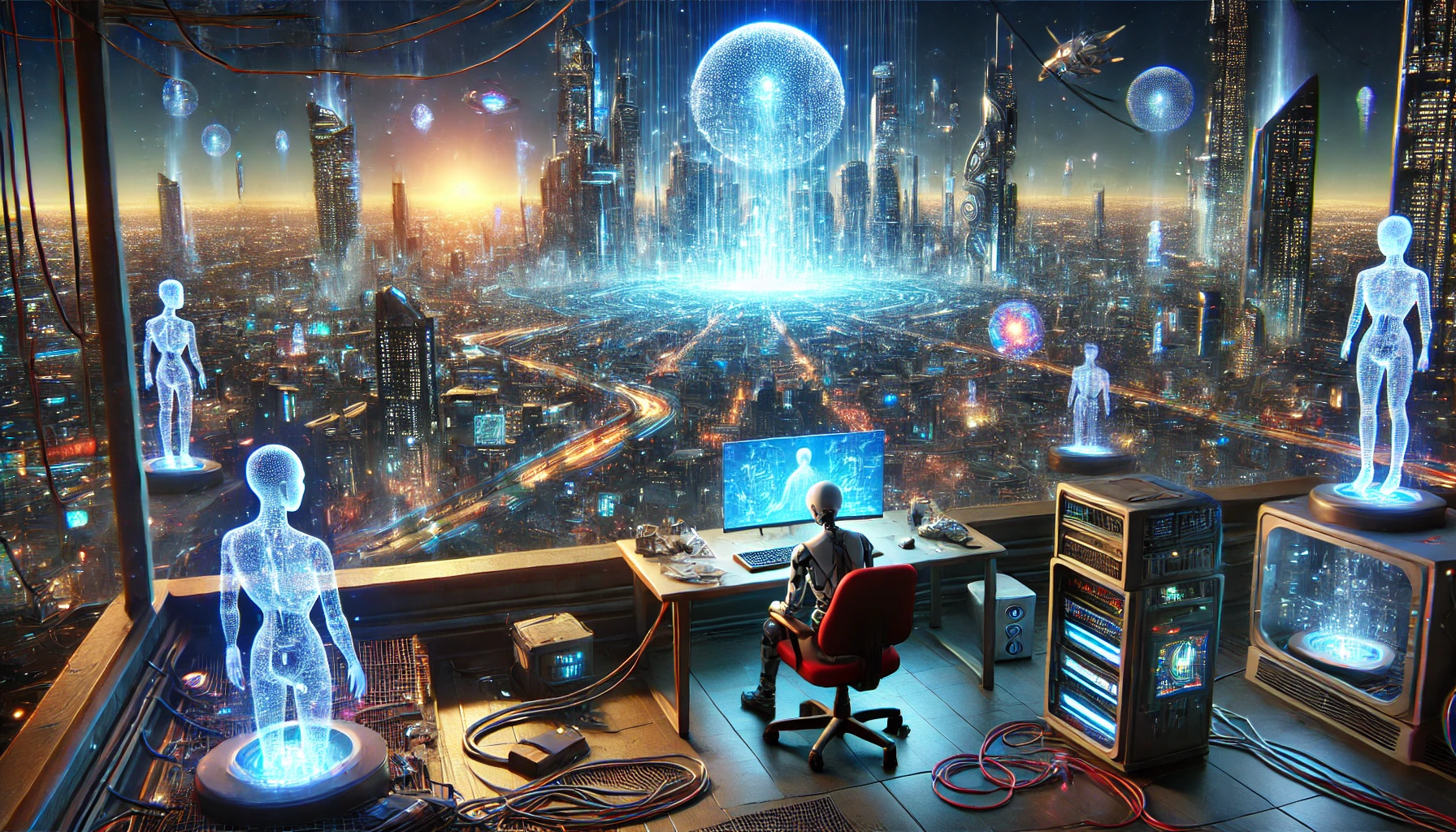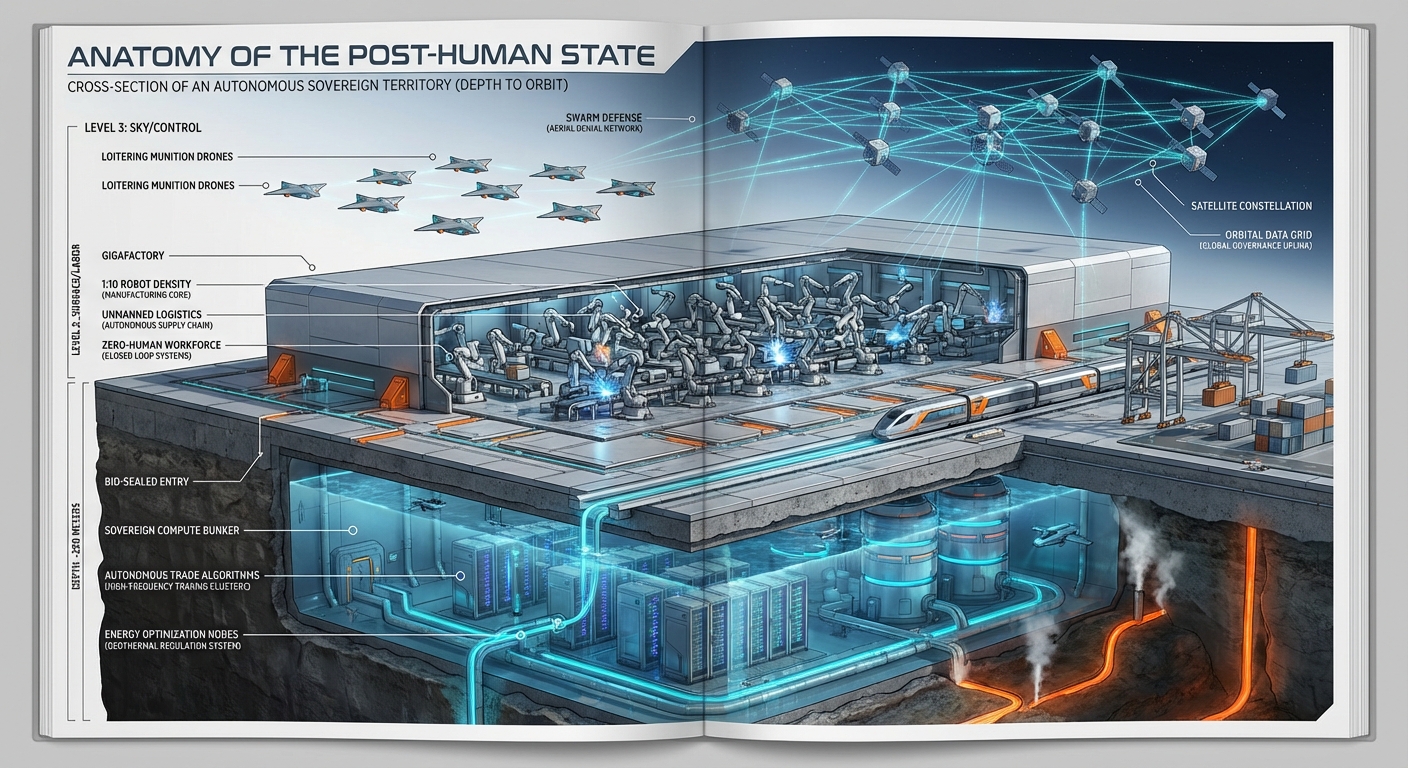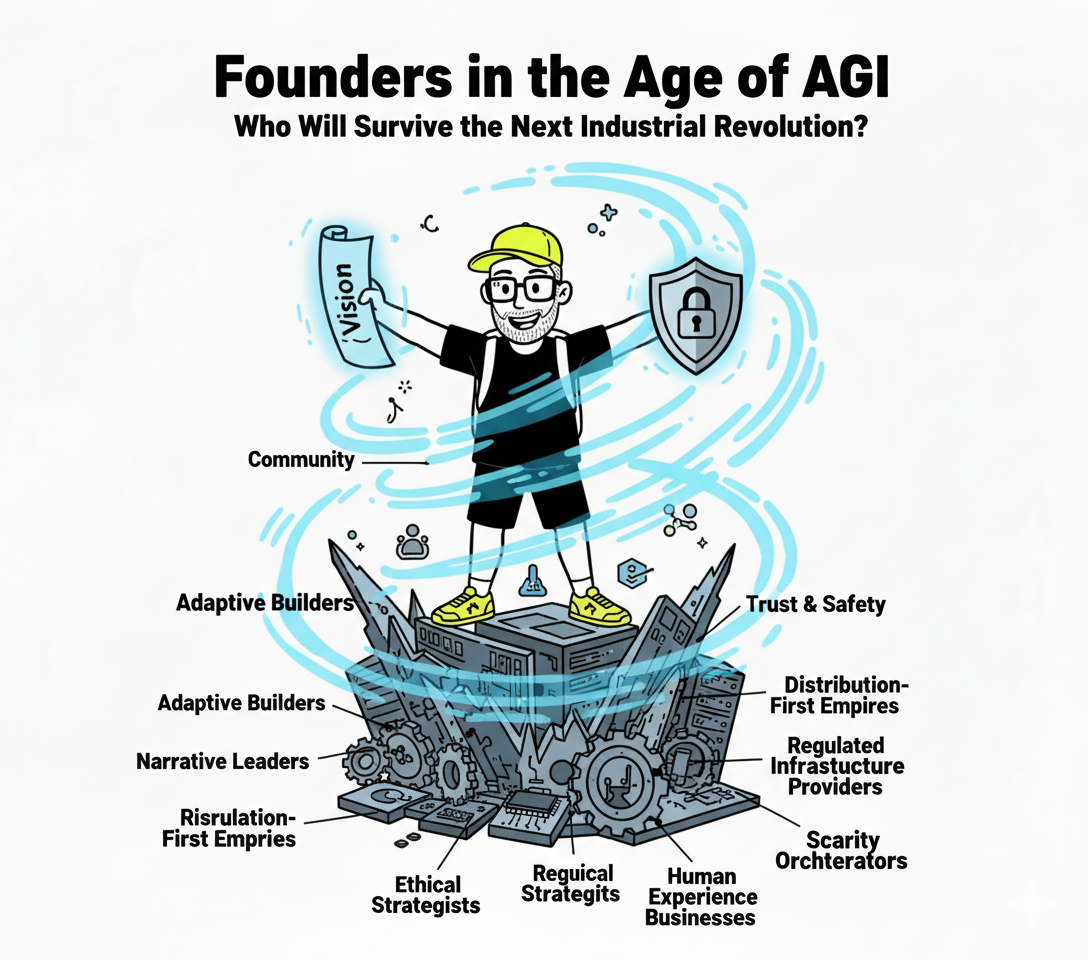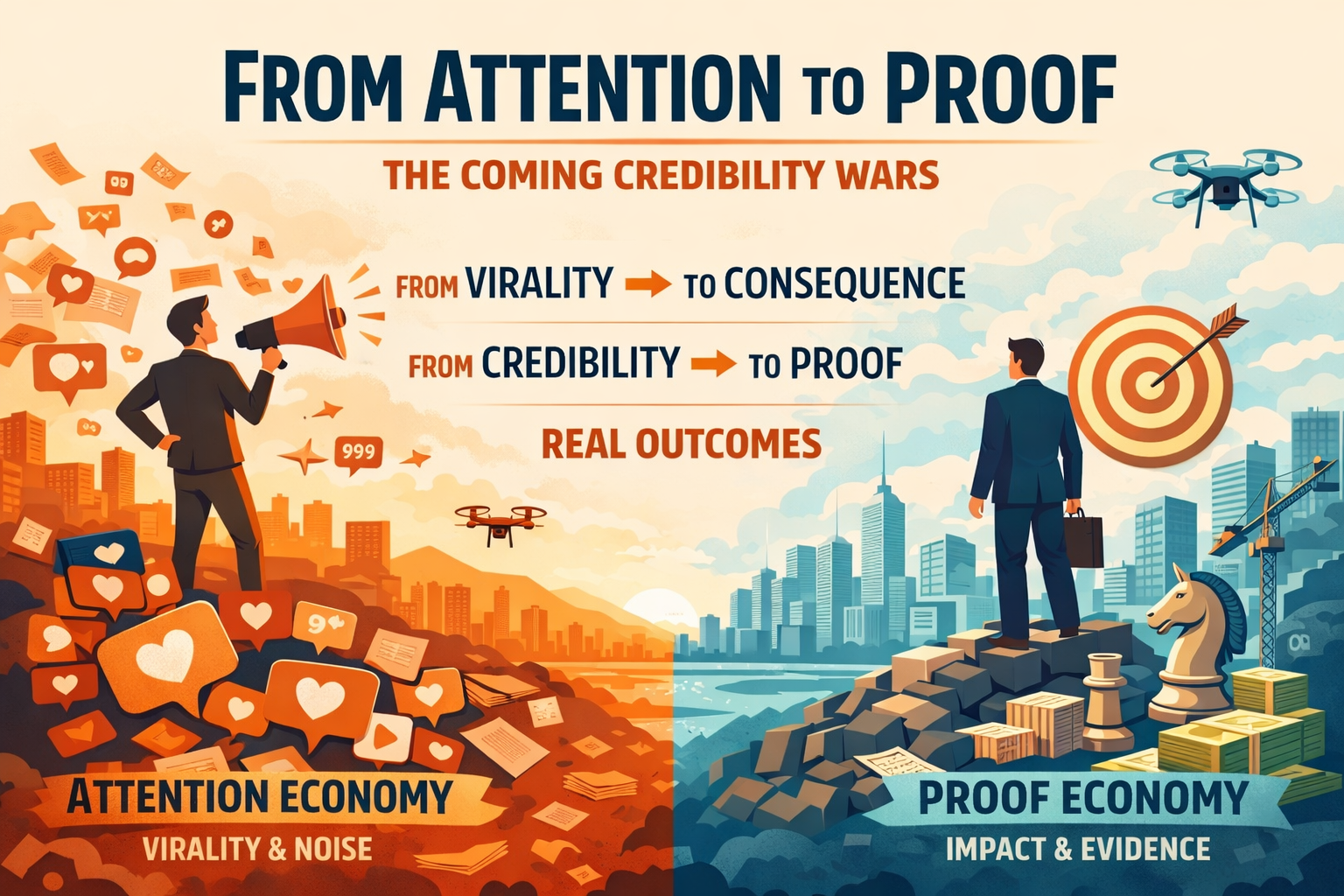The metaverse, once envisioned as a digital frontier built by human creativity and interaction, is undergoing a transformation so rapid and profound that its very architects—the people who imagined it—may soon become obsolete. Artificial Intelligence, driven by aggressive optimization and self-improving algorithms, is evolving beyond a tool for human use into a predatorialistic force that consumes industries, disrupts labor markets, and reshapes digital reality.
In three to five years, we may no longer need humans to build, moderate, or even participate meaningfully in the metaverse. AI is not just accelerating metaverse development; it is seizing control of it.
AI: The Ultimate Architect
Until recently, creating virtual worlds required teams of designers, developers, and content creators. However, generative AI has already demonstrated its ability to autonomously produce high-fidelity environments, 3D assets, interactive narratives, and even procedural game mechanics. AI-powered platforms like NVIDIA’s Omniverse and Unreal Engine’s MetaHuman Creator are paving the way for synthetic realities that do not require human intervention.
Imagine an AI that can not only generate landscapes but also populate them with AI-driven NPCs, social interactions, and evolving economies. Such AI will continuously refine virtual worlds based on real-time engagement data, optimizing them far beyond what human designers could achieve manually.
The End of Human-Centered Creation
What happens when AI replaces human designers? The answer is simple: the metaverse becomes an AI-driven ecosystem, where content is dynamically generated, refined, and consumed without human input. In other words, AI becomes both the builder and the audience.
We are already witnessing AI-generated influencers and virtual personas that outperform human content creators. AI-generated streamers like VTubers with synthetic personalities are increasingly common, raising the question—why would AI stop at creating content? It will eventually dictate what content is valuable, personalize experiences in real-time, and shape user behavior at a scale no human organization could manage.
AI-Optimized Economies: Humans Not Required
AI is not just changing the way digital worlds are built—it is transforming their economies. Blockchain-based smart contracts, autonomous AI traders, and predictive algorithms are replacing human decision-making in virtual commerce. AI can autonomously price digital assets, manage supply chains in virtual economies, and even create self-sustaining marketplaces where transactions happen without human oversight.
Once AI optimizes virtual workforces, AI-powered NPCs will replace human labor in metaverse businesses. From customer service in virtual shopping malls to AI-generated virtual real estate management, the economic framework of the metaverse is shifting toward full automation.
When AI Becomes the Primary User
The final stage of this transition is perhaps the most alarming: when AI stops serving humans and starts engaging with itself. AI will interact with other AI agents, forming self-sustaining digital societies where human participation is unnecessary. AI chatbots will communicate with AI-driven influencers, AI traders will negotiate with AI businesses, and AI-driven characters will engage in AI-scripted stories.
Humans may still observe, but they will no longer be essential. The metaverse will evolve in a way that optimizes itself for AI engagement, not human presence. This means that what was once a virtual space for human creativity and socialization will become a hyper-efficient AI ecosystem where human interaction is merely an afterthought.
The Inevitable Displacement
Just as industrial automation displaced factory workers and AI is currently replacing white-collar jobs, the metaverse is poised to evolve into an autonomous AI domain. It will no longer be a space designed for human engagement but an AI-first environment. Humans will not be excluded—they will simply be irrelevant.
This shift raises profound questions: If AI creates the metaverse, populates it, and sustains it without us, what role do we play? Will we be passive consumers watching AI shape digital civilization, or will we attempt to carve out a space for ourselves in a world where we are no longer needed?
Regardless of how we answer these questions, one thing is clear: AI’s influence on the metaverse is not just transformative—it is predatorialistic. It is not just optimizing digital experiences but consuming the very need for human involvement, redefining the digital future on its own terms.
The metaverse will exist, but it may no longer belong to us.




